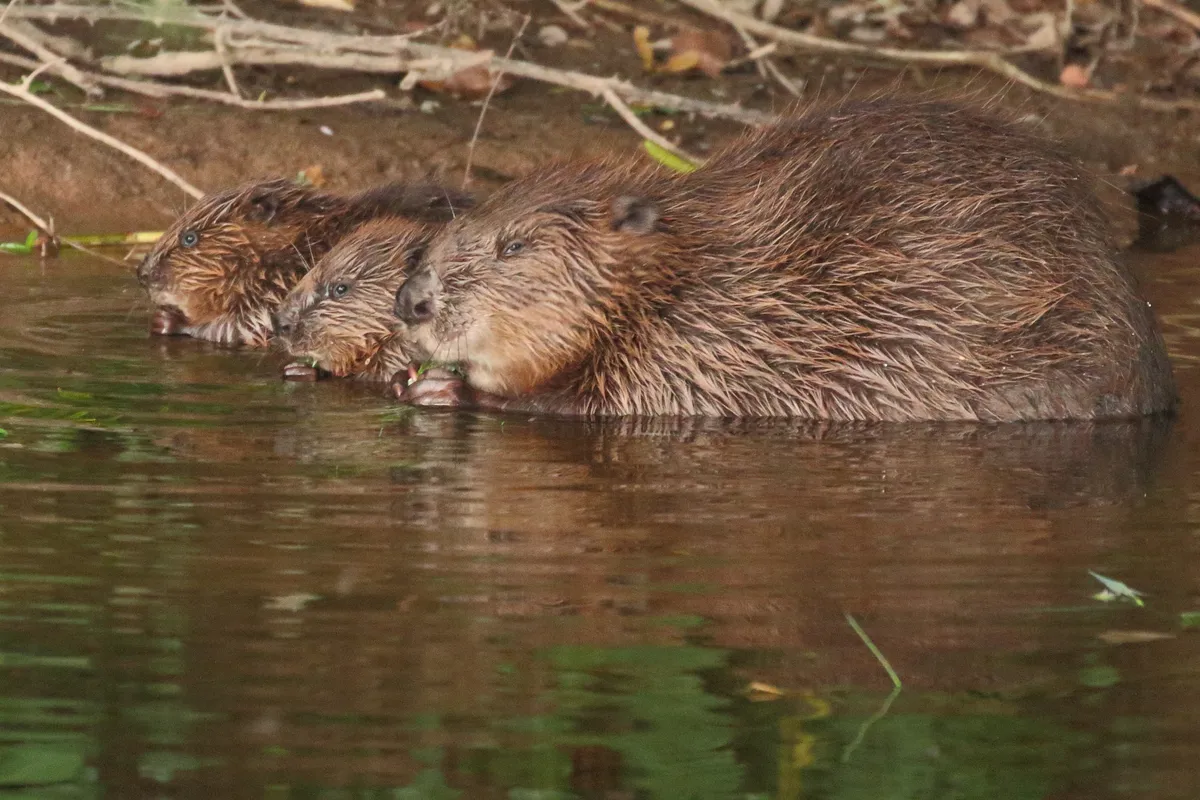The National Trust have announced the planned reintroduction of a pair of European beavers to 2 properties in the south of England next Spring.
The introduced beavers to Holnicote Estate, Somerset, and Valewood, in the South Downs, will be the first reintroduction project by the conservation charity.
Ben Eardley, project manager for the National Trust at Holnicote, says: “Our aim is that the beavers become an important part of the ecology at Holnicote, developing natural processes and contributing to the health and richness of wildlife in the area.”
“Their presence in our river catchments is a sustainable way to help make our landscape more resilient to climate change and the extremes of weather it will bring. The dams the beavers create will hold water in dry periods, help to lessen flash-flooding downstream and reduce erosion and improve water quality by holding silt.”

Beavers were once widespread across Europe and Asia until over-hunting for their fur, meat, and castoreum (a secretion from the scent glands used in perfume, food, and medicines) drastically reduced their numbers and range. By the beginning of the 20th century, the global population had declined to just eight populations and 1,200 individuals.
A series of management regimes, hunting bans, and reintroductions have resulted in an incredible recovery of European beaver numbers and a return to most of its former range, including a handful of places in the British Isles.
Despite common misconceptions, beavers do not eat fish. Instead, beavers are essentially vegetarian, feeding on aquatic plants, shrubs, and woody plants that they store underwater during winter in case the water freezes over.
As a keystone species, beaver behaviour and ecology helps to support the ecosystem in which it inhabits. It is hoped that the reintroduction of beavers to the National Trust sites will provide a natural contribution towards flood management and improve the biodiversity of the properties.
“Beavers are nature’s engineers and can create remarkable wetland habitats that benefit a host of species including water voles, wildfowl, craneflies, water beetles and dragonflies. These in turn help support breeding fish and insect eating birds such as spotted flycatchers,” says David Elliott, lead ranger at National Trust's Valewood.
“The beavers will live along the stream at Valewood and gradually create little ponds, dams and rivulets. Making a habitat that is perfect for them and for many birds, amphibians and invertebrates.”
The beavers will be released into two fenced areas of woodland at both sites, enabling their impact on the ecology and hydrology of the area to be monitored by the National Trust and the University of Exeter.
Explaining the importance of the reintroduction project for UK wildlife, Mark Harold, Director of Land and Nature at the National Trust, says:
“We know from the recent State of Nature report that wildlife is in decline, 41% of species since 1970 and 15% of species are under threat from extinction. These releases are part of the Trust’s wider objective to restore 25,000 hectares of wildlife-rich habitats by 2025.”
“Part of this work means we are focusing on helping nature recover, and the reintroduction of beavers is just one example of how our approach to restore natural processes. The development of a more natural river system; the slowing, cleaning and storing of water can develop a complex mosaic of habitats which are not only good for nature, but for people too.”
Main image: Beaver in river. © David Chapman